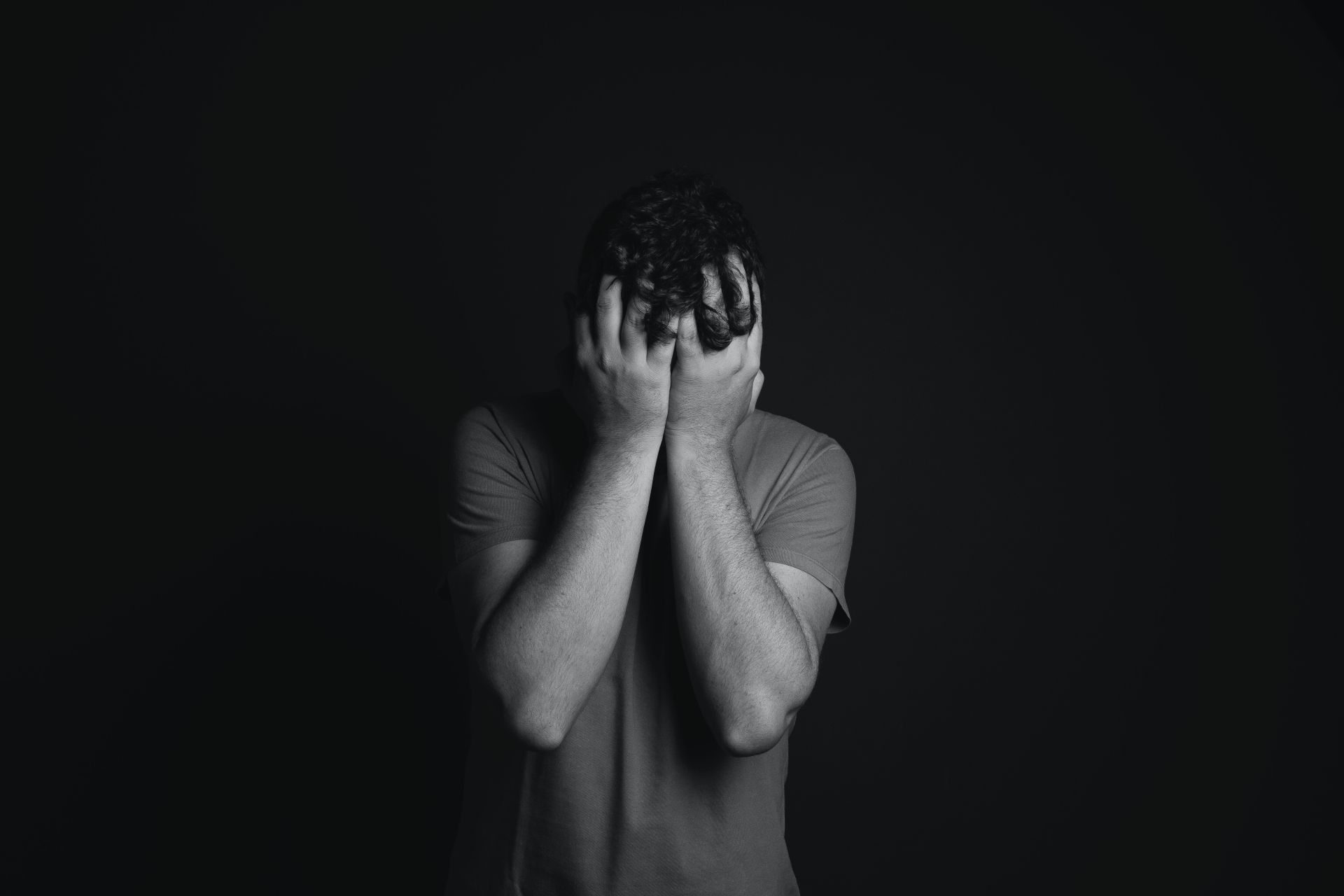Cannabis, also known as marijuana or weed, is a plant that has been used for medicinal and recreational purposes for centuries. However, the use of Cannabis has also been linked to various mental health conditions, such as anxiety and depression. In this article, we will investigate the relationship between Cannabis-use and mental health and explore the potential effects of Cannabis on mental health.
Anxiety is one of the most common mental health conditions associated with Cannabis-use. While Cannabis can produce a relaxing and calming effect for some people,
it can also exacerbate feelings of anxiety and paranoia, especially in high doses or in individuals with a history of anxiety disorders. Studies have shown that regular Cannabis-use can increase the risk of developing anxiety disorders, including panic disorder, social anxiety disorder, and generalized anxiety disorder.
Depression is another mental health condition that has been linked to Cannabis-use. While Cannabis can produce a euphoric and uplifting effect for some people, it can also worsen symptoms of depression, especially in individuals with a history of depression. Similar to anxiety, studies have shown that regular Cannabis-use can increase the risk of developing depression and may worsen symptoms in individuals with pre-existing depression.
Ultimately, though, the relationship between Cannabis-use and mental health is complex and not fully understood.
Some studies have suggested that Cannabis may have potential therapeutic benefits for certain mental health conditions, such as post-traumatic stress disorder (PTSD), schizophrenia, and chronic pain. THC, the main psychoactive compound in Cannabis, has been shown to have potential antipsychotic and analgesic effects, while CBD, another compound found in Cannabis, has been shown to have potential anxiolytic and antidepressant effects.
It's important to note that the effects of Cannabis on mental health can vary depending on a variety of factors, such as dosage, frequency of use, method of consumption, and individual differences. For example, smoking or vaping Cannabis can produce faster and more intense effects than consuming edibles, which can take longer to take effect and have a longer-lasting effect.
In conclusion, the relationship between Cannabis-use and mental health is intricate, context-dependent, and not fully understood. While Cannabis may have potential therapeutic benefits for certain mental health conditions, it can also worsen symptoms of anxiety and depression for some people, especially in individuals with pre-existing conditions. It's important to consume Cannabis responsibly and in moderation, and to seek professional help if you experience any adverse effects on your mental health.
Empty space, drag to resize


